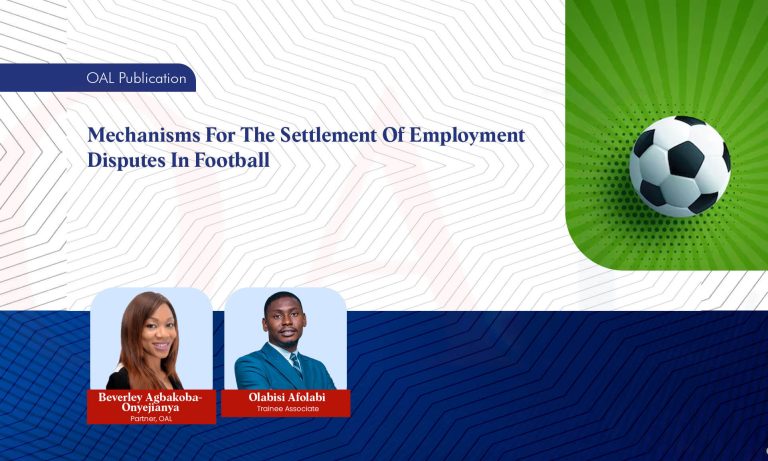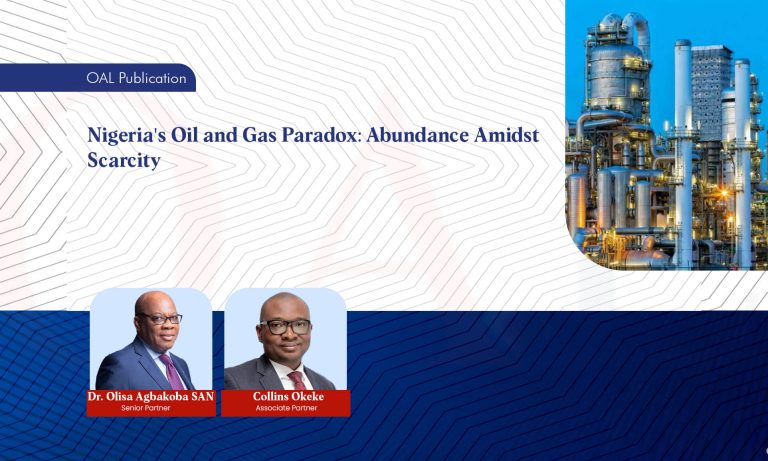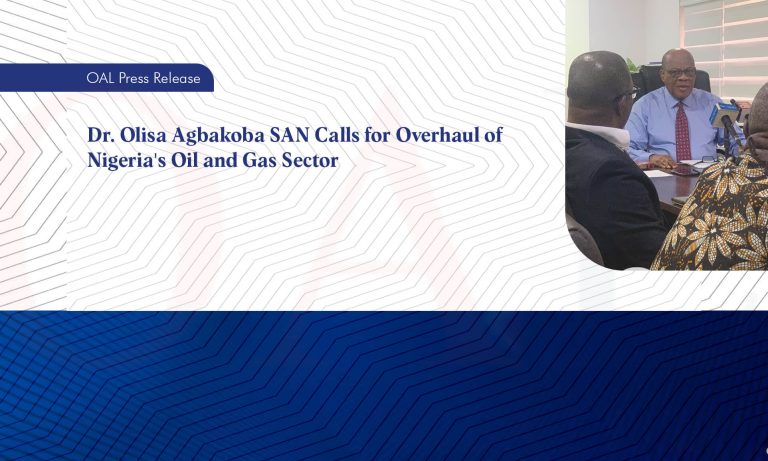

Over two months ago, Nigeria’s largest and West Africa’s biggest seaport, the Lekki Deep Sea Port, located at the centre of the Lagos Free Zone, was commissioned by the President of the Federal Republic of Nigeria, Muhammadu Buhari. It is the first fully-automated port equipped with Super Post-Panamax ship-to-shore cranes and Rubber tyred gantry (RTG) cranes. The port will accommodate vessels transporting about 15,000 containers. It is well equipped with highly sophisticated 13 quay cranes for a capacity of 2.5 million Twenty-Foot Equivalent Units (TEUs) on a 1.2-kilometre quay with a depth of 16 meters.
The port has three terminals, which are the container terminal, the liquid terminal and the dry bulk terminal. It is perfectly situated to serve as the West African country of Nigeria’s entry point.
The Lekki Port is poised to become the most advanced and deepest seaport in West Africa, offering vital support to the region’s growing commercial operations in Lagos State, Nigeria, and beyond. Equipped with state-of-the-art facilities, the port will operate in line with international standards, ensuring highly sophisticated services for its users.
PROBLEMS THAT THE DEEP SEA PORT CAN TAKE CARE OF
Port congestion is a persistent issue in Apapa Wharf, Lagos. Several factors, such as trade imbalance, inadequate technology implementation, lack of 24-hour port operations, manual cargo inspection by the Nigeria Customs Service (NCS), low-capacity utilization by terminals, port congestion resulting from public holidays, and short working hours, have all contributed to the severe gridlock of trucks within the ports and cargo congestion at terminals. Currently, cargo ships wait up to a month offshore before discharging their cargo in Lagos.
Nigeria’s neighbouring countries have also taken advantage of the country’s maritime sector’s weaknesses to claim transhipment hub status. This is because they are gradually constructing sea ports with modern amenities and infrastructure that can handle larger ships carrying cargo headed towards Nigeria. As a result, landlocked nations like Chad and the Republic of Niger, which previously used Nigeria’s ports as transit hubs for their shipments, have switched to Ghana, Togo, the Benin Republic, Côte d’Ivoire, and Cameroon. This cargo diversion has cost Nigeria billions of Naira yearly. In the same vein, investors also avoid Nigeria’s port to invest somewhere else.
Nigeria’s lack of adequate seaports has caused it to gradually lose its position as the maritime hub of West Africa.
The multipurpose ultra-modern Lekki Deep Seaport holds the promise of finally addressing the challenges that have held back Nigeria’s maritime sector. It is expected that these issues, which have impeded progress in the industry, will eventually become a thing of the past.
Also read: Taxation of Shipping Companies
THE RELEVANCE OF THE LEKKI DEEP SEA PORT
An effective maritime transport system is crucial to the growth of a country’s market, particularly the international trade market. This is where the Lekki Deep Sea Port comes in. With its highest terminal capacity, the port would alter the economic landscape of Nigeria and all of West Africa.
One of the competitive advantages of the Lekki port is its capacity to receive larger vessels and unload ships twice as quickly. This feature would reduce port congestion and minimize the maximum duration a vessel stays in the port, leading to cost savings for importers and exporters. The port can berth vessels that are four times the size of vessels currently berthing at Apapa and Tin Can Island Port, making it a game-changing infrastructure in Nigeria and West Africa.
The competitive advantage the port has is its capacity to receive larger vessels and unload ships twice as quickly, thereby minimizing the maximum duration a vessel stays in the port and the accrued expenses for importers and exporters.
The Lekki port has the potential to put Nigeria in a position to realize its full economic leadership potential under the African Continental Free Trade Agreement (ACFTA). This agreement aims to create a single market for goods and services, facilitate the free movement of people and investments, and accelerate economic integration in Africa. The Lekki port would strengthen Nigeria’s position as a regional maritime hub and facilitate numerous connected industries. Not only is it a game-changing infrastructure in Nigeria and West Africa, but it would create over 150,000 direct and indirect job opportunities.
Not only is the Lekki port a game changer for the Nigerian economy, but it would also create over 150,000 direct and indirect job opportunities. It would be a huge revenue earner for the country through duties, taxes, and royalties, thereby also increasing our Gross Domestic Product (GDP).
In addition, the Lekki port would greatly increase the container throughput capacity of the western Nigerian port complex. Throughput capacity reflects the amount of cargo or the number of vessels the port handles over time. This would promote infrastructure development in Africa through the construction of highways, railways, and aviation networks.
The Lekki port would give room for more local and foreign participation, thereby creating more economic gain for both the state and the individual players in the Maritime Industry. Furthermore, effective global cooperation and collaboration could assist Nigeria in bridging its infrastructural gap. It will greatly increase the container throughput capacity of the western Nigerian port complex (throughput capacity reflects the amount of cargo or number of vessels the port handles over time).
Lastly, the Lekki Deep Sea Port would facilitate infrastructure development not just in Nigeria, but also in Africa, through the construction of highways, railways, and aviation networks. This would not only promote trade and commerce within the region but also attract more local and foreign investors, resulting in more economic gains for the state and individual players in the Maritime Industry.
INVESTMENTS OPPORTUNITIES THAT COME WITH THE LEKKI DEEP SEA
With respect to investment opportunities, the Lekki port is critical for the economic growth of the Lekki Free Trade Zone (LFTZ), as it would aid the massive industrial and petrochemical complex being embarked on in the Northern and Southern quadrants of the zone with a total investment of more than $20 billion over the next three years.
The LFTZ is a multi-purpose facility with industrial, manufacturing, residential and tourism zones. Investors are incentivized to keep 100% ownership and capital because profit and dividends can be repatriated. Tax breaks, license waivers, and a variety of other concessions and benefits are available to LFTZ investors. The port would help bolster the LFTZ’s position as the next frontier for investment in Nigeria, attracting more foreign direct investment to Lagos State and Nigeria.
Ultimately, the emergence of trade, commerce and investment will result in an industrial revolution in the Real estate sector. As a result, both real estate developers and foreign investors may benefit from direct and indirect investment opportunities.
CONCLUSION
The Lekki Deep Sea Port is a strategic and timely intervention that will address challenges faced in the Nigerian Maritime Industry. Its potential impact cannot be overemphasized, and stakeholders should take advantage of the opportunities it presents. As the port commences operations, it holds the promise of creating a conducive environment for increased economic gains. It is expected to benefit both the state and individual stakeholders in the industry, as it will lead to the decongestion of other ports, thereby increasing operational efficiency and enhancing profitability
Authors



